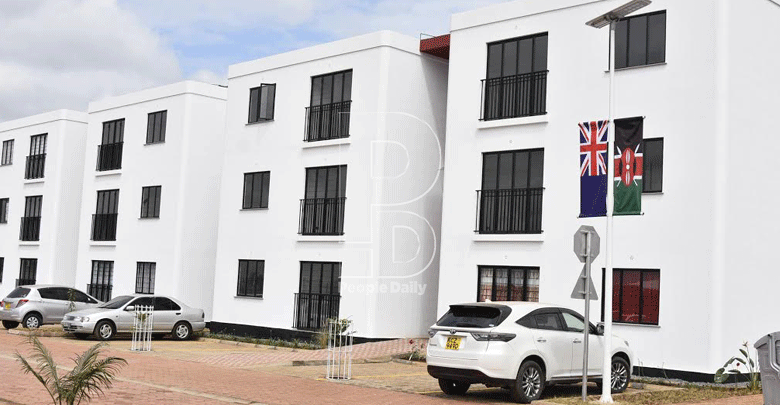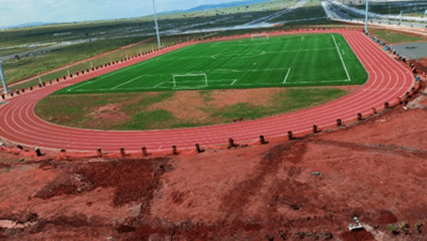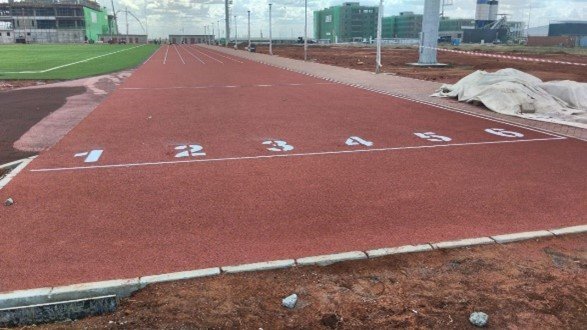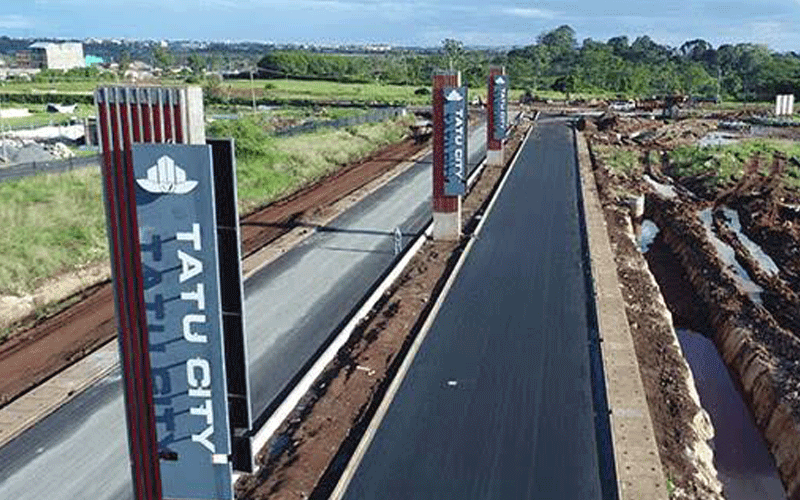Kiambu eyes 2,500 housing units in two years

Kiambu county government has embarked on an ambitious programme of putting up 2,500 housing units in two years in line with the national government’s affordable housing agenda.
The County Executive Committee member in charge of Lands, Housing, Physical Planning and Urban Development Samuel Mugo says that while the county had delayed in implementation of the programme, all is now set to have the initiative kickstarted to benefit middle-income earners from the county and across the country.
The county is putting up the units in three sites situated in major towns within the county.
Ruiru town will get 500 to 600 housing units while Thika and Kiambu towns will get 1,000 units each totaling to in excess of 2,500, the number of units that the devolved unit will have built in two years.
Mugo said that the exercise had been marred by myriad challenges, among them the requisite rigorous procurement process, handling Project Affected Persons (PAPS) who have to be convinced conclusively before their space is utilised to put up the structures.
Already, the Ruiru-based housing project is at an advanced stage and the county will in June begin demolition of old and dilapidated houses at Majengo estate to pave way for construction of high-rise apartments for sale to the public.
Currently, 200 derelict houses occupying 1.022-acre piece of land where staff from the defunct municipal council have been staying will be demolished to pave way for the 500-housing unit project.
Mugo said that the devolved unit is not only partnering with private investors with financial muscle to speed up the programme, but is also giving relevant incentives to attract more housing investments in the county that neighbours the nation’s capital, Nairobi.
He said that using the national government housing model of providing public land for the construction project will ensure that investors have space to put up the houses.
“We are committed to lowering the cost of housing to facilitate all residents to own houses going forward.
There have been challenges, yes, but we are on top of the game to ensure that the lined-up programmes are achieved within the set timelines,” said Mugo.
The county official made the revelations even as the country continues to grapple with a rapidly growing population and more so, an increasing middle-class pushing up demand for housing across the country that currently is experiencing a housing deficit of 200,000 units annually and an accumulated deficit of over two million units.
The largest demand has been for affordable housing to cater for the 61 per cent of urban dwellers, who live in slums and the shortage in student accommodation accounting for 40 per cent of the deficit.
Mugo said that the housing challenge is an investment opportunity for developers to increasingly apply for low-cost housing construction methods, such as alternative building technologies, which are known to reduce construction costs by as much as 50 per cent.
This comes even as demand for a live-work-play lifestyle and master planned communities are increasing with areas, such as Kiambu and Machakos counties becoming hotspots, thereby attracting investors through master planned communities, such as Konza City, Tatu City, and Cytonn’s Newtown.
The government has ineffectively continued to push for the delivery of the targeted 0.5 million units.
Implementation of the projects has continued to lag behind with less than 1,000 units delivered so far, mainly through the Park Road and Pangani estate projects, while other projects, such as Shauri Moyo, Makongeni and Starehe estates are still in the pipeline.
To accelerate implementation of the programme, the national and county governments have partnered to provide social and low-cost housing targeting citizens who earn between Sh0 and Sh15,000 and Sh15,000 to Sh60,000 respectively.
The initial arrangement was that each county would develop at least 2,000 units per financial year beginning 2018/19 guided by needs assessment.
The President Uhuru Kenyatta’s flagship project, however, remains an acid test owing to numerous challenges that bedevilled the process.
The government initially hoped to construct at least 500,000 housing units across the country by 2022, a dream whose time is nearing a close by day with decelerated progress.
Unavailability of affordable financing to developers, failure to fast-track incentives provided in support of the affordable housing initiative, as well as the ineffectiveness of public-private partnerships have been blamed for low execution of the agenda that was also slated to employ millions of Kenyans.
Obstacles in the capital markets regulatory framework, which make it difficult to raise capital for real estate development, and the current economic slowdown due to the Covid-19 pandemic have also been cited as other challenges that have hit the real estate sector hard.
Latest reports, including Shelter Afrique 2019, account for acute housing shortage across Africa currently estimating a need for 56 million housing units of which 90 per cent (45 million) fall within the affordable housing bracket.















